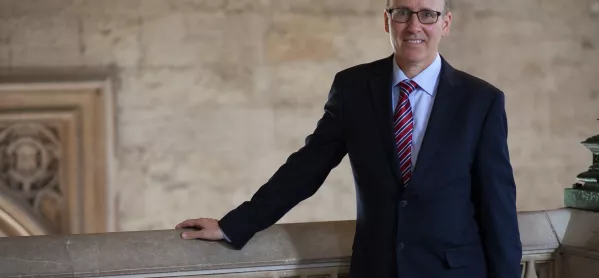The message that disabled people are an unwanted burden on the state that we do not want and cannot afford is ubiquitous within our society and takes many forms.
The most recent example was the widely reported news that a new and safer test for Down’s syndrome has been developed. This was heralded by most of the media as a positive breakthrough with almost no challenge even though the message of testing is clear: there is no place in the world for babies with Down’s syndrome and so, of course, they should be aborted.
We need to ensure we don’t let attitudes like this infiltrate our schools. On hearing of this new test I thought of all the wonderful children and young people with Down’s syndrome whom I have known over the years, and of their families who were just busy getting on with leading ordinary lives.
For me, a world without people with Down’s syndrome would be a narrower, greyer and far less interesting one, and I am puzzled why anyone would think that this is something that we should aspire to.
And yet the media and the government tell a different story. I am made anxious about the impact of the anti-disability messages being promoted on the children and young people with disabilities; the effects on their self-esteem of authoritative and unchallenged declarations that they are an unwanted burden and don’t belong.
Those of us in education need to remain especially mindful of these harmful messages that are absorbed unconsciously or otherwise by both children and staff. We must work harder to help disabled children and young people with recognising their value. And we should always celebrate the contributions that they make to our schools and to our lives. Our disabled children and young people are under attack and it is time to fight back.
Nick Hodge (pictured) is professor of inclusive practice at the Autism Centre, Sheffield Hallam University. He tweets at @Goodchap62
Want to keep up with the latest education news and opinion? Follow TES on Twitter and like TES on Facebook




